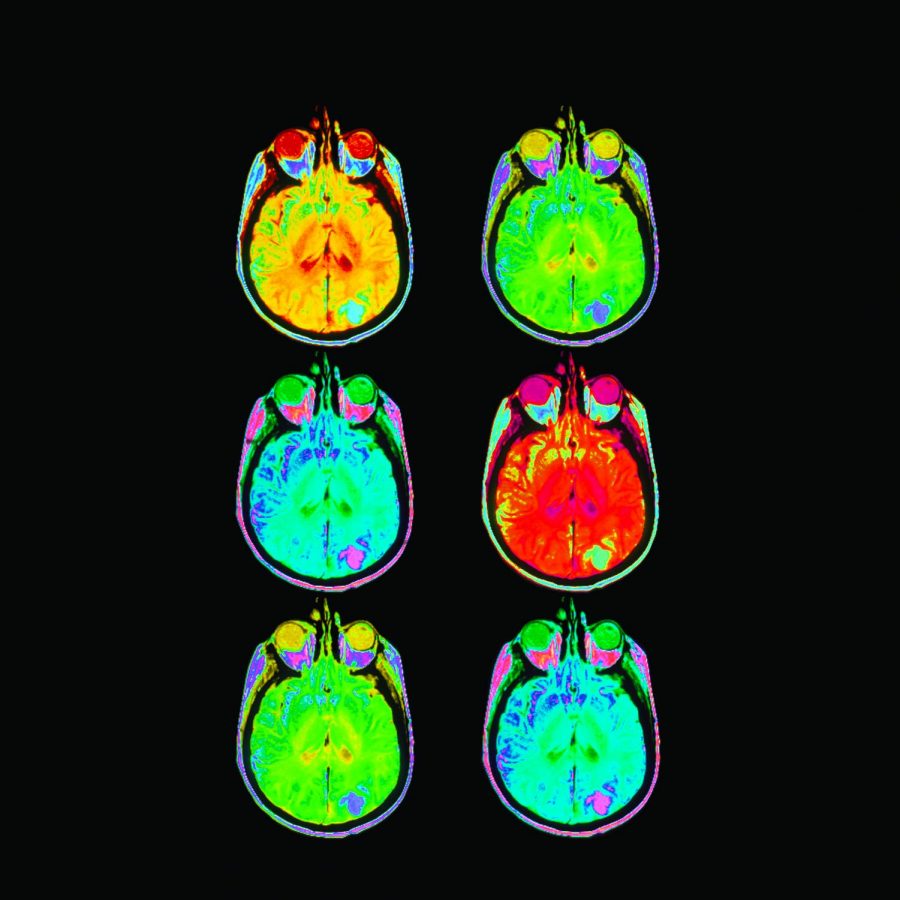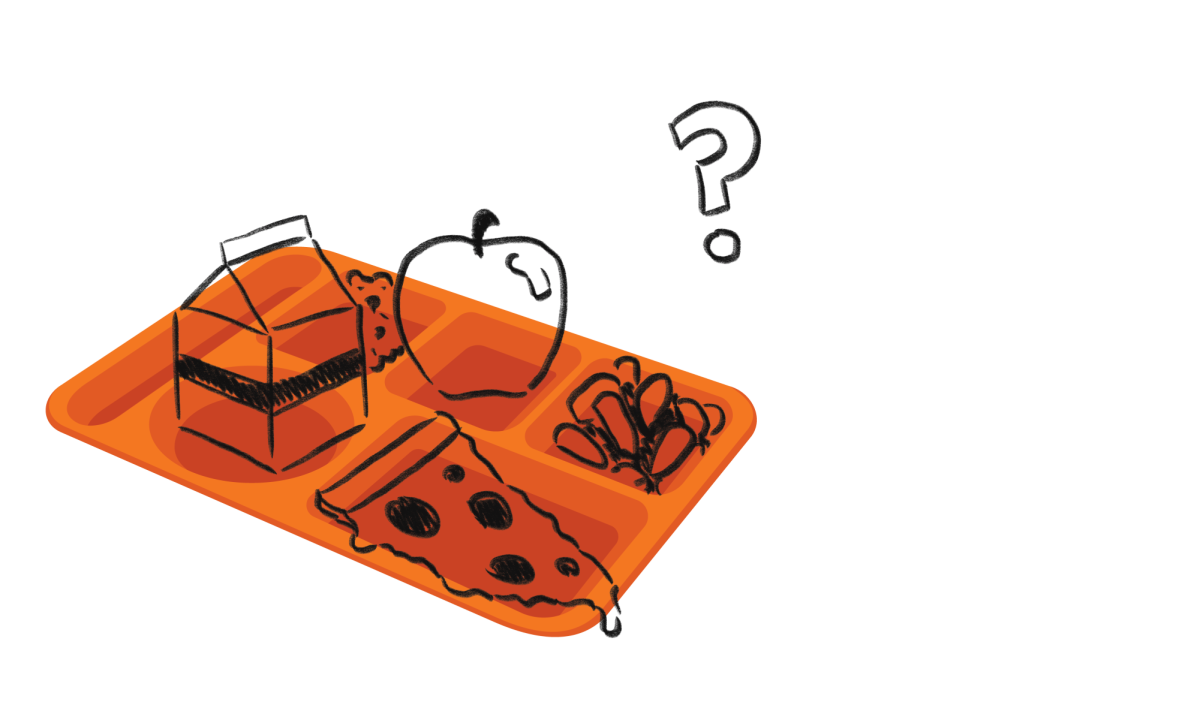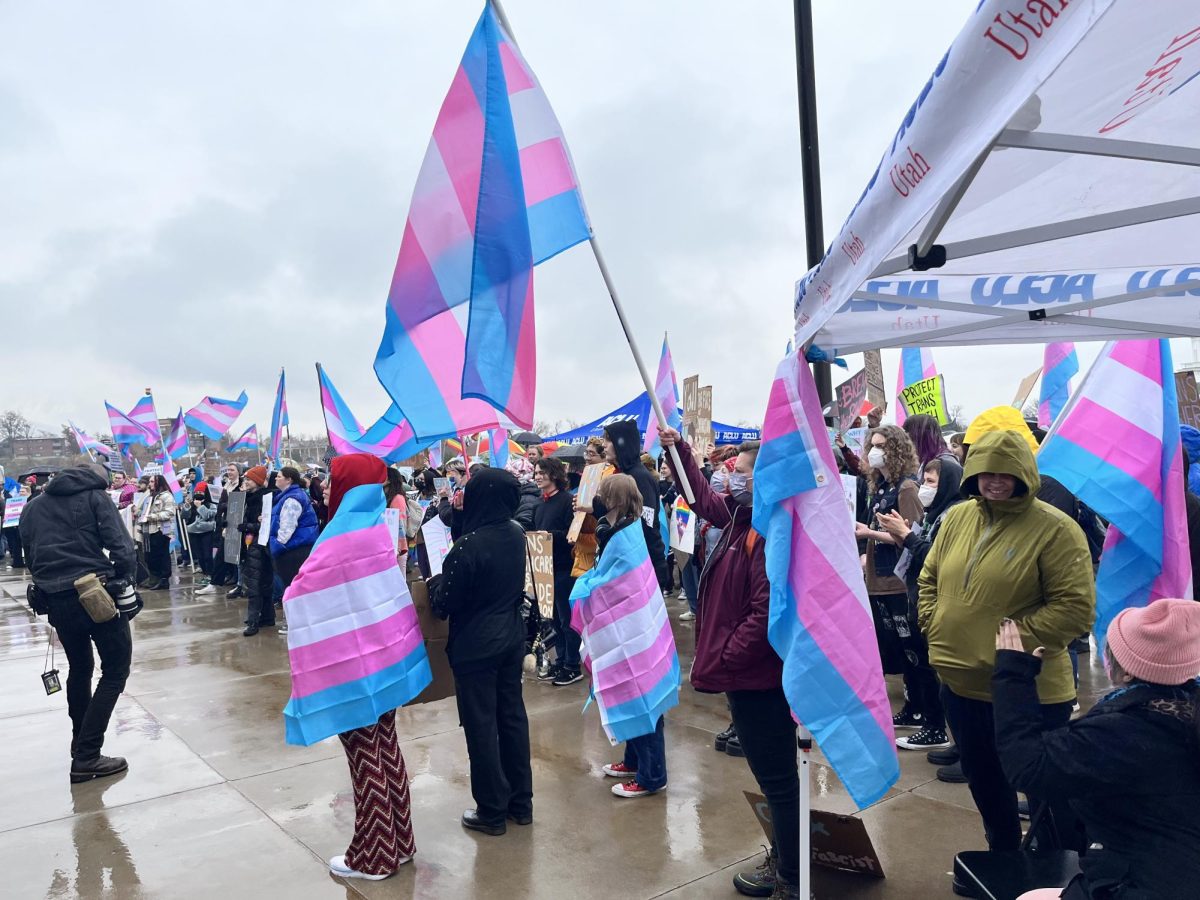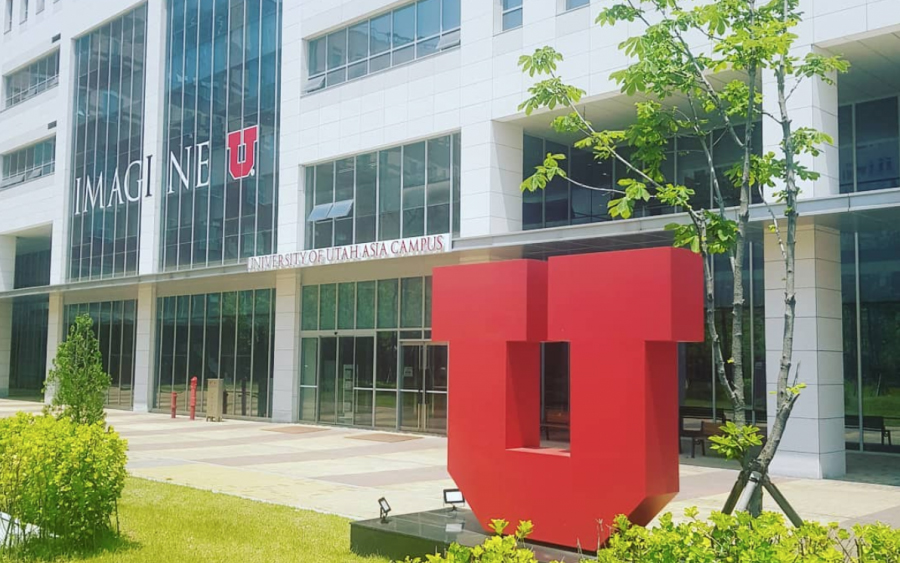Poma: BIPOC Mental Health Needs More Attention
September 27, 2021
During the past decade or so, mental health has become more validated and stigmas around seeking help have slowly started dissipating. But in communities of color, mental health stigmas remain, causing hesitation among younger BIPOC to seek treatment.
Although events such as BIPOC Mental Health Awareness Month in July certainly help these issues gain recognition, we should acknowledge that BIPOC mental health struggles persist.
Being mindful of the different mental health journeys of people with different backgrounds can help us improve resources and the ways we approach these issues. With that, providing more resources for families in BIPOC communities to slowly reduce stigma can be beneficial.
Members of older generations — regardless of heritage — don’t seek treatment despite needing it. Mental health wasn’t considered a valid medical concern by many when our parents were growing up. And when you combine generational differences with cultural differences, the problem worsens.
Families with different cultural values will experience a variety of cultural stressors that, for better or for worse, impact their children’s outlook on mental health. These stressors include, but aren’t limited to, immigration, substance abuse, poverty and systemic issues such as racism.
Beyond these, some cultures place high expectations on children to achieve goals, while others believe that seeking mental health support means that you’re “crazy.” These beliefs stick with children into their adulthood, which affects the way they seek treatment in the future.
These stigmas cause people, like me, to not seek treatment even when we might need it, which perpetuates a generational cycle of trauma. This allows for several issues to go unsolved and harms one’s ability to cope further.
McLean Hospital states that “about 25% of African Americans seek mental health care, compared to 40% of whites.” As someone raised by two Latin American immigrants, I grew up thinking that I needed to tough out anything that came my way — and that included my mental health. My father taught me that if he could undergo his struggles without needing a therapist, then I, too, with the privileges I have, should do the same. It took me almost 18 years to not feel ashamed to see a therapist.
It’s significantly harder to seek treatment because of that cultural shame. When I first went to therapy, I used the University of Utah’s Counseling Center because it didn’t cost much and I could do it while I was at school. I didn’t need to tell anyone about it because no one needed to drop me off anywhere and I didn’t need to ask for extra cash to pay for those sessions.
I felt like I was too weak and that I was failing my family for going. It’s not talked about in BIPOC spheres, nor is it accepted.
It also leads to more stigmatization and misdiagnosis. According to Mental Health America, “Poor cultural competency of health care providers can contribute to underdiagnosis and/or misdiagnosis of mental illness in BIPOC,” and this includes language barriers.
To combat this, we need to increase accessibility to mental health services. In 2015, only 10.8% of psychologists who responded to the American Psychological Association said they could provide services in languages other than English. Medical professionals should hire people who can translate at a bare minimum, if not learn the language themselves.
Economic status also creates a barrier to good mental health care access. Many BIPOC don’t have the money to seek these resources out, and they don’t have the insurance to do so, either. Providing programs that are free or low-cost could slowly eliminate that barrier.
We should also encourage cultural competency and advocate for more programs that can give BIPOC these things and more. Encouraging mental health professionals — regardless of background — to understand what’s going on in BIPOC communities and stepping away from a one-size-fits-all approach to mental health would help immensely.
Cultural competency is sometimes going to a therapist that has the same race or ethnicity as you. Even though this will not always guarantee successful treatment, it could potentially help someone feel more comfortable or understood.
Encouraging those in BIPOC communities to seek treatment beyond BIPOC mental health awareness month will go a long way in helping fight these stigmas. We should be able to talk about the different mental health needs of one another based on not just personal experience with mental health, but from the cultural aspect too. We need to properly provide care for all the groups that need it.
If mental health affects everyone, why are certain groups excluded from that? They shouldn’t be.













Harold A Maio • Sep 27, 2021 at 9:50 pm
It is true Sasha, we diligently teach there is a stigma to mental health issues.
—-These stigmas cause people, like me, to not seek treatment even when we might need it, which perpetuates a generational cycle of trauma.
You left off a particularly significant term:
—-Teaching—- these stigmas causes people, like me, to not seek treatment even when we might need it, which perpetuates a generational cycle of trauma.
HaroldA Maio